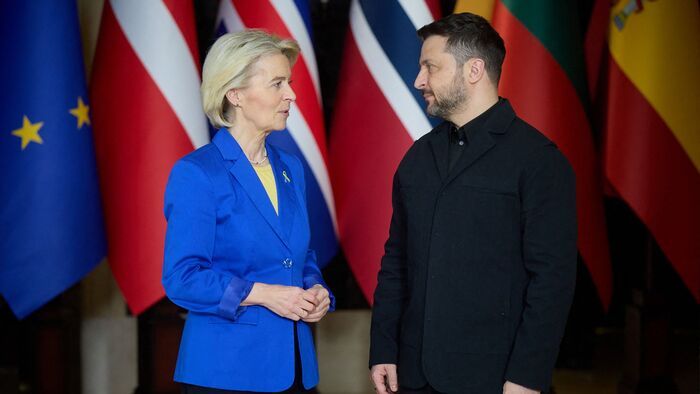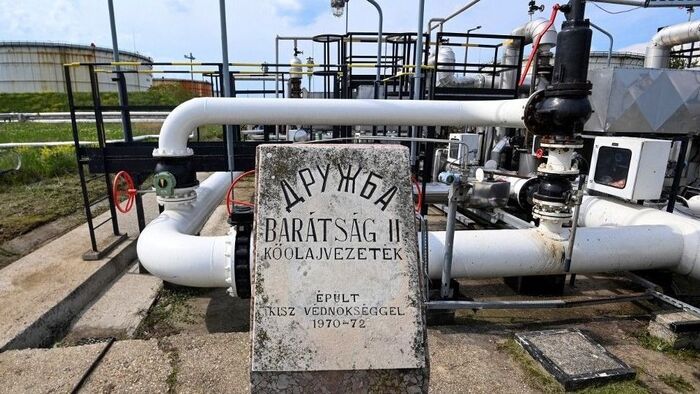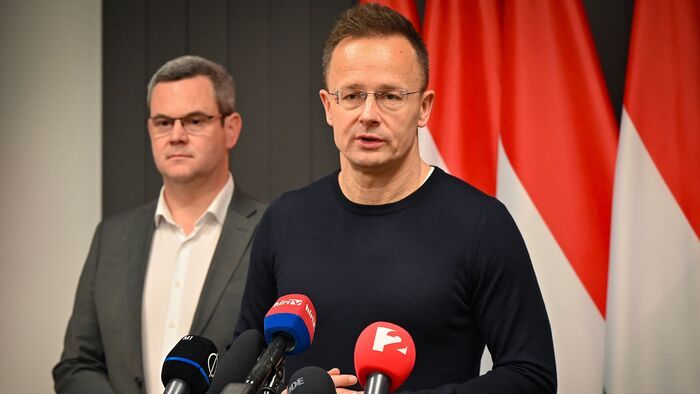Virologist Gabor Kemenesi, director of the Hungarian National Virology Laboratory at the University of Pecs, said that the explosive population growth on the continent and the increased contact with rodents have contributed to the spread of the Mpox virus or monkeypox.
The expert stressed that with the globalization of the world, such epidemics will become more frequent, warranting greater preparedness for similar situations. The virus is currently causing the biggest problem in Africa, as developed countries are vaccinating their populations to avoid an epidemic, while similar jab campaigns in Africa have stopped.
"Sparks from a fire can ignite another hotspot elsewhere"
"We have been ignoring Africa for the past few years, but now a global health emergency has been declared here for the first time in history," the virologist began. "Today, it is concerning that besides the case numbers being registered every year is increasing, the infection is also rearing its head and spreading like wildfire in countries that have never before been affected. Africa is the epicenter of proliferation because the dynamic population growth, the third-world conditions and the high concentrations of virus-carrying rodents are all factors contributing to the spread," Gabor Kemenesi told the news portal.
According to the expert, news reports "like the news from Sweden that a case has entered the country and then another and another" will become more frequent.
"Many people are scoffing and thinking that the World Health Organization (WHO) is just trying to induce panic again. No, quite the contrary, the WHO has made a technical decision that opens the money flows. Just like when there is a wildfire in Greece, European countries send firefighters and firefighting planes to help. The same thing is happening now, but with an epidemic. If there's a huge fire somewhere, the sparks that fly out can generate new hotspots elsewhere,"
Gabor Kemenesi explained.
The expert strongly urges that money and resources should be mobilized immediately in order to eradicate or at least contain the epidemic in Africa through vaccines and other epidemiological measures.






















Szóljon hozzá!
Jelenleg csak a hozzászólások egy kis részét látja. Hozzászóláshoz és a további kommentek megtekintéséhez lépjen be, vagy regisztráljon!